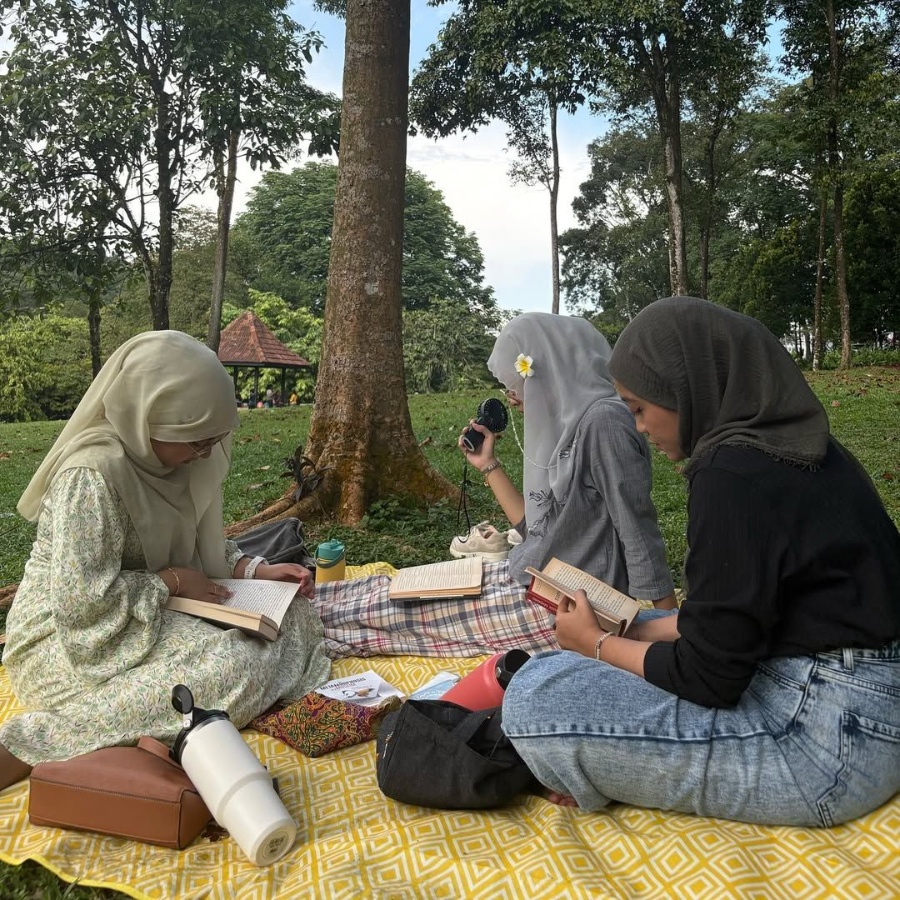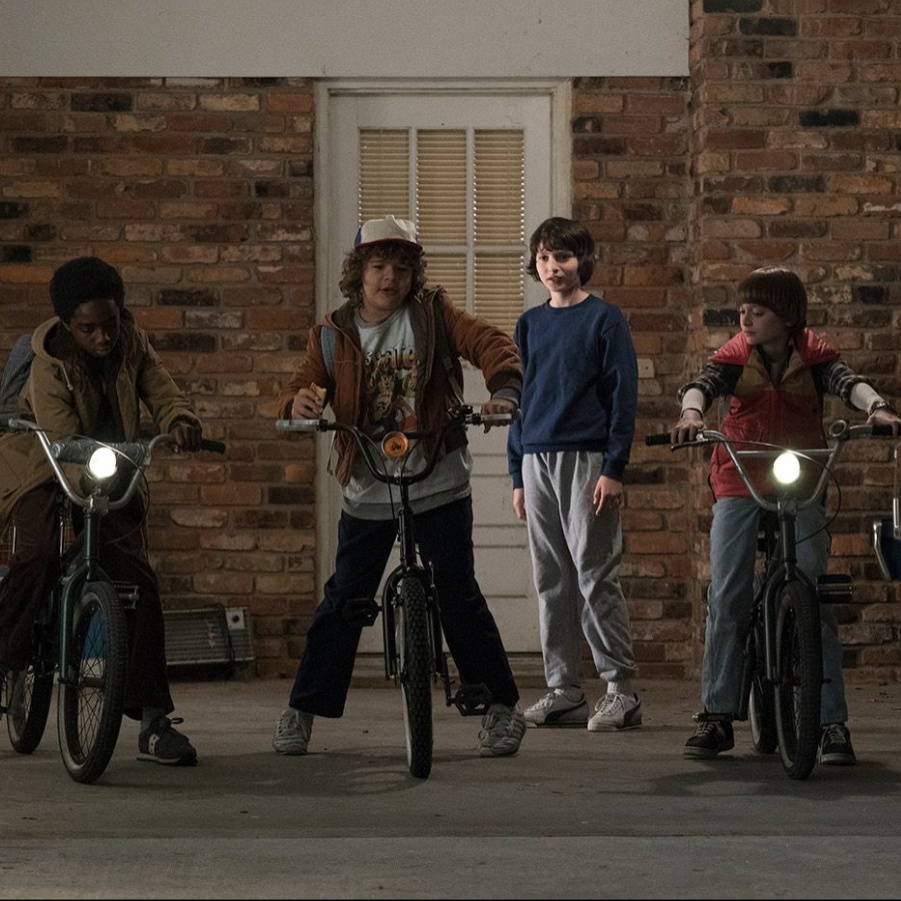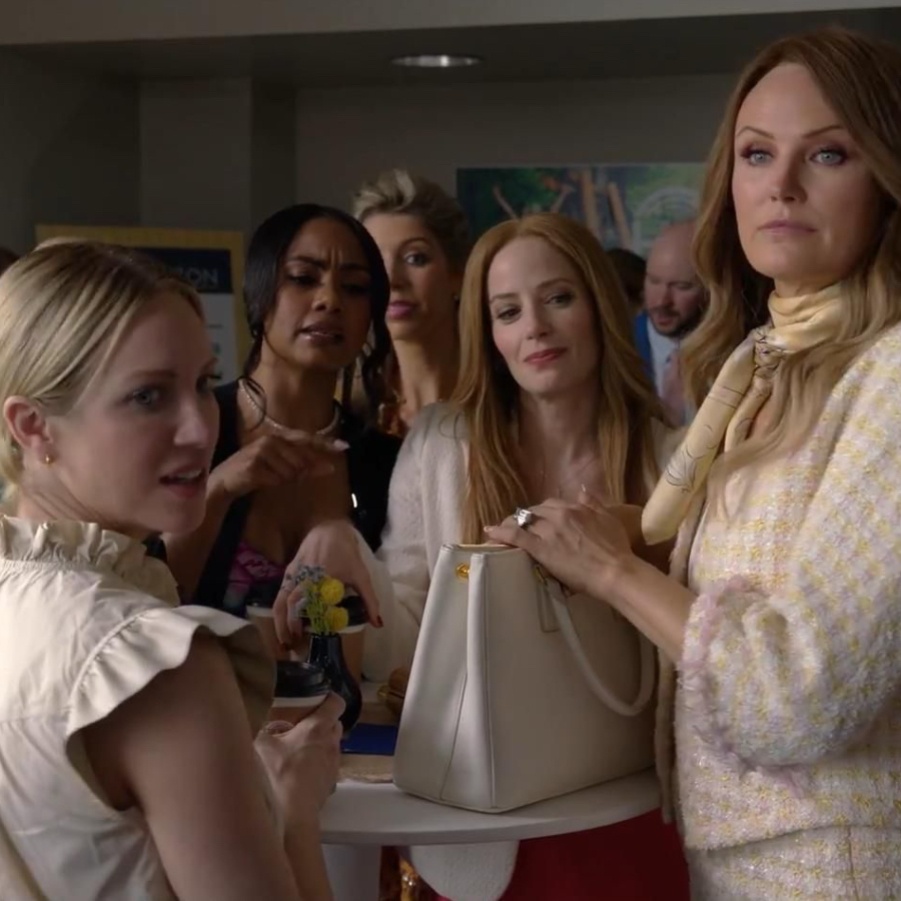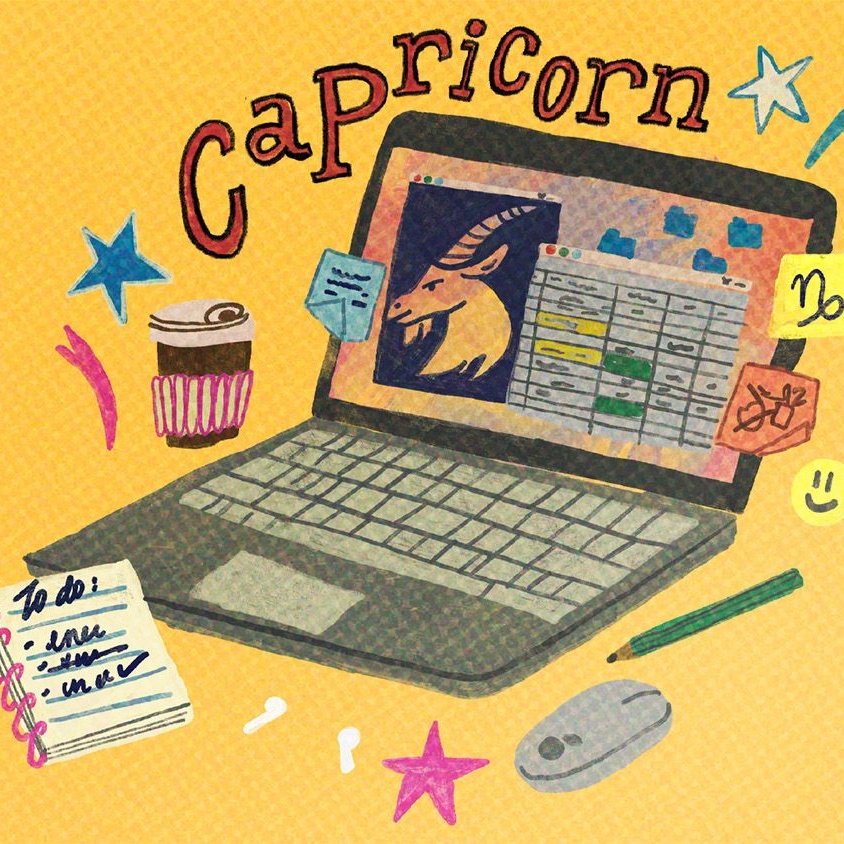Old friendships have always been on a pop culture pedestal. Look at How I Met Your Mother’s Ted and Marshall, New Girl’s Jess and Cece, and about two-thirds of the group from Friends. There is a romance to the old friendship that has been mined endlessly by prose and screen. The sense of history, of hardships weathered together, of going through different phases of life, arms linked… But it’s mostly seen as through tinted glasses. Until, of course, the latest season of HBO’s The White Lotus decided to do a total 180 with the toxic girls’-trip of Jaclyn (Michelle Monaghan), Kate (Leslie Bibb), and Laurie (Carrie Coon).
We see trio in their mid-forties who have been friends since they were nine, and it is quickly established how different their lives are today. Laurie, a corporate lawyer, is at the bookend of an ugly divorce, with a ‘problem child’. Kate is the ‘full-time homemaker’ living her church-every-Sunday life in the red state of Austin, Texas. Jaclyn, a TV actor, is living the ‘celebrity’ life—a husband 10 years younger, constant recognition, big money and a desire to ‘stay connected’ to her roots through her childhood friends. And their friendship, like anyone with that many years of history, is nothing short of an emotional Chernobyl.
In the show, the triangle of blondes keep going back to their early days—in school (“We were the body and you, of course, were the head?” says Laurie) to being reminded of their party days when they visit a nightclub in episode five (“We used to dance like that for hours!” Jaclyn notes.)
“Lifelong friendships can keep us in a comfort zone that feels safe but stagnant,” says psychologist Mehek Rohira. “When a friendship has always been there, we might rely on it too much, making it harder to expand our social world or step into new versions of ourselves. There’s also a tendency to see each other through the lens of the past—without truly acknowledging how they’ve changed. This can create resentment if one person feels unseen or if the friends are moving in different emotional directions. Friendships thrive when they allow for evolution, not just familiarity.”
Quickly, the very same history that serves to unite these women drives a wedge between them. “She’s always been like this,” Laurie says about Jaclyn sleeping with Valentin, a man she had been pushing on Laurie throughout. “She lives for male attention. It’s okay when you’re 25, but when you’re 45?” A similar moment occurs when, in episode seven, Jaclyn accuses Laurie of being the problem. Kate backs it up with “you know someone long enough, you start to see a pattern”.
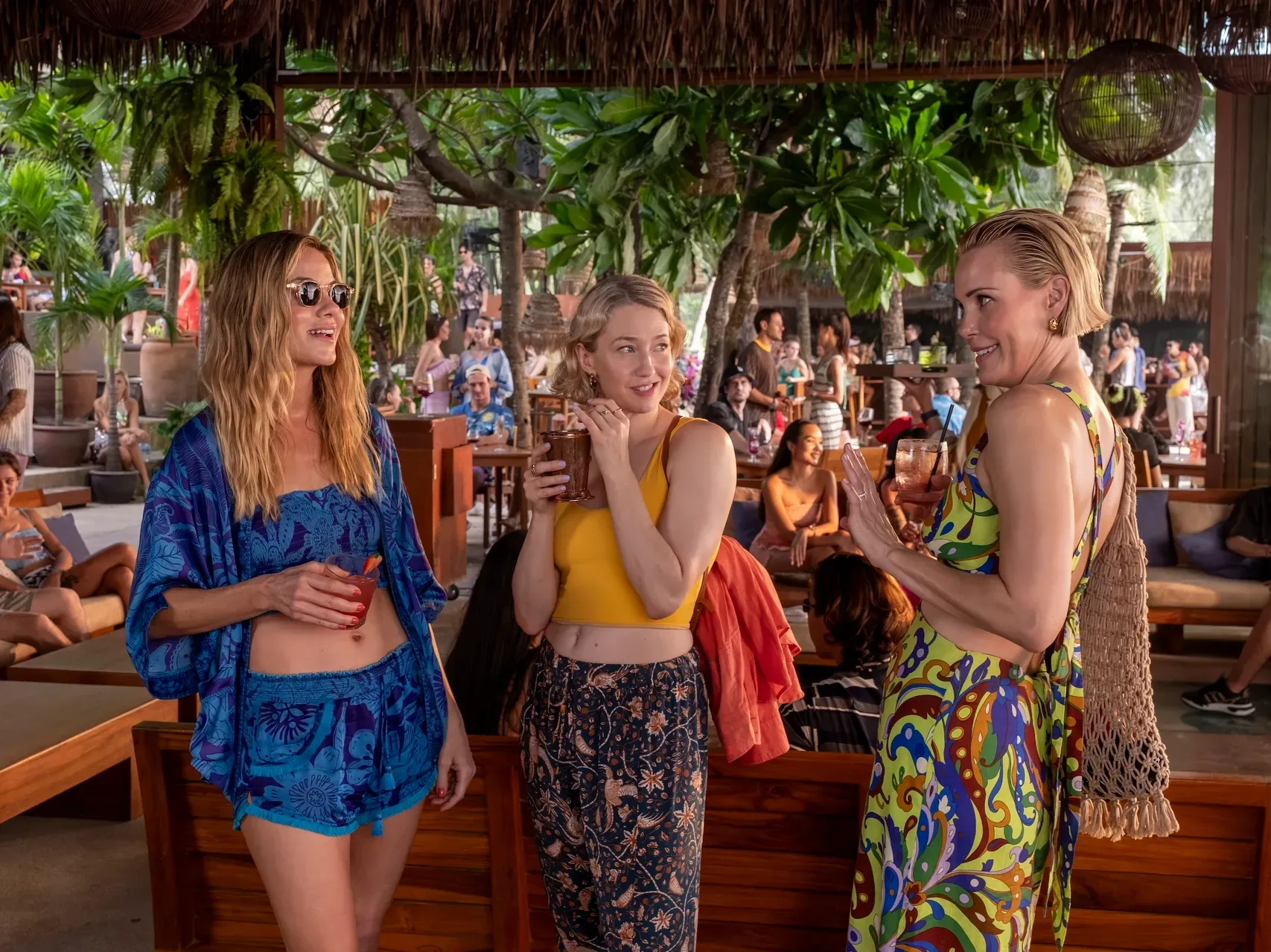
The show is realistic in highlighting the decay that sets in with the people you’ve known forever. We have greater familiarity and fewer boundaries with our oldest friends, which is as much a problem as it is a marker of comfort. “Resentments in long-term friendships can build quietly over time, often because of unspoken expectations or unaddressed hurts,” adds Rohira. “The key is to bring awareness to what’s underneath the frustration—are you holding onto an old version of your friend? Are you expecting them to meet needs they no longer can? Honest conversations are crucial, but so is self-reflection.”
In The White Lotus, the shit-talking behind each other’s backs only happens when three become two: Kate and Jaclyn lower their voices to discuss how Laurie is a mess, Kate and Laurie feign pity for Jaclyn as an ‘ageing actress’ with a ‘sham marriage’, Jaclyn and Laurie are left aghast at Kate being a soft Republican. The gossip, the comparisons are all a way to connect to each other, even if it’s at the expense of their third friend. In comparison, Chelsea (Aimee Lou Wood) and Chloe (Charlotte Le Bon), who instantly connect when they first meet, show what adult friendships look like.
Between old friends, the sense of contest shows up when we see Jaclyn making her marriage out to be perfect or Kate trying to downplay her political beliefs because they differ from her friends’. There is the need to be perceived as successful or happy instead of providing a space to share imperfections. “With our oldest friends, it’s easy to unconsciously measure your growth against theirs. There can be competition; who has changed more or who is ‘ahead’. The nervous system craves consistency, so when a friendship shifts it can feel destabilising,” explains Rohira.
The destabilisation with the trio reaches its boiling point in episode six—Jaclyn sleeping with Valentin and then denying it when Laurie confronts her. The fight brings out the trope each character is playing to a T—Laurie, ‘the mess’, starts the fight. Kate, ‘the non-confrontative peacemaker’, gets uncomfortable; and Jaclyn, ‘the narcissist’, immediately deflects.
Anyone who’s ever been on a holiday with their oldest friends will recognise this trajectory—the almost elated state at ‘finally being together’, the covert bitching that ensues, and finally, the blow-up by the most volatile in the group. These are people who had commonalities as children, but would they be friends if they met today? “As we grow, our values and priorities shift. It’s natural to outgrow friendships, but acknowledging that can be hard. Sentimentality, shared history, and attachment make it hard to accept that a friendship may no longer fit who we are. There’s also guilt; letting go can feel like betraying the past.”
The show is disparaging of the staying power of old friendships, but Rohira isn’t. “Friendships formed later in life can sometimes be more powerful, because they often emerge from conscious choice rather than circumstance. As adults, we build friendships based on shared values, emotional maturity, and intentionality. These connections reflect who we are now, versus who we used to be.” Older ones, they just need some extra work. “Growth doesn’t mean an old friendship has to end, but it does mean adjusting how you engage with it. Friendships, like people, are meant to evolve. The more we allow space for that, the healthier and more fulfilling our connections become.”



